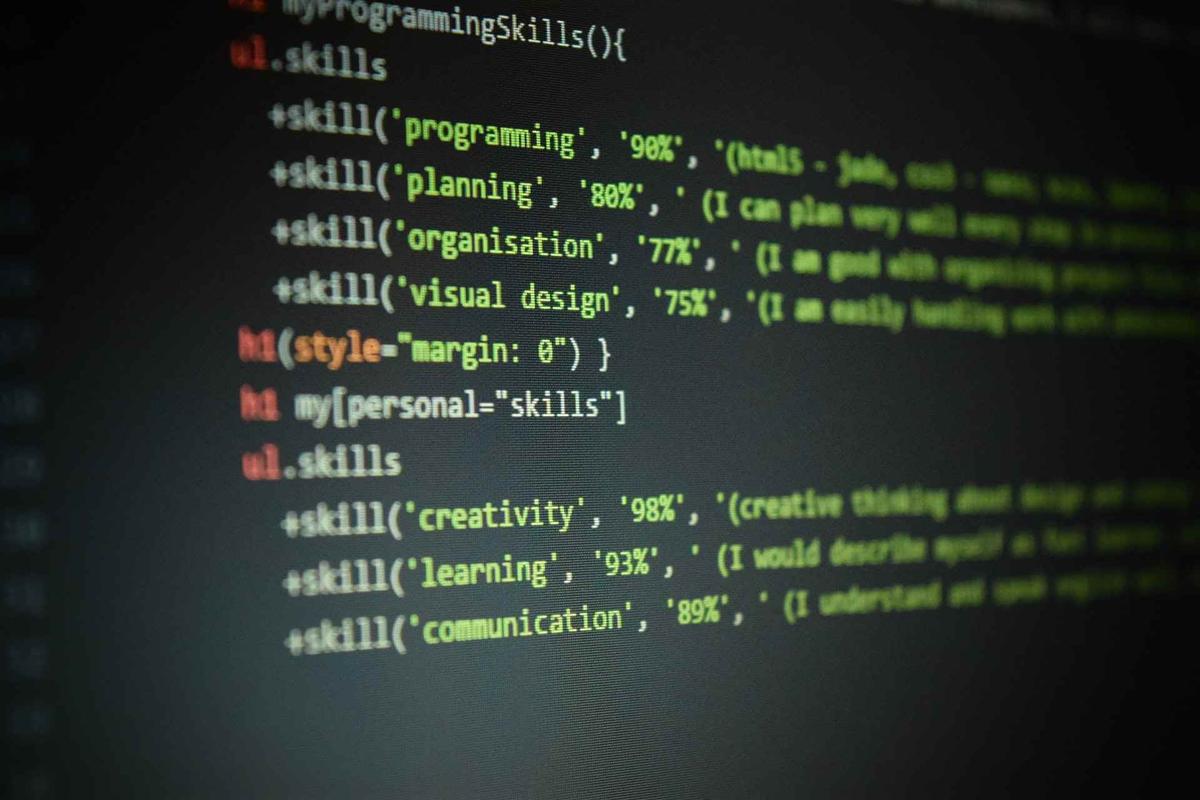What are soft skills?
DefinitionSoft skills are social, methodological and personal competencies that enable applicants to act in a goal-oriented and effective manner when employed in a specific role within a company. Soft skills tend not to be measured in terms of grades or examinations but are developed to different degrees in each individual. Occasionally they can be trained and developed using courses.
Soft skills definition
The term “soft skills” refers to competencies that enable a person to deal with, interact with and react appropriately to different people and situations.
For example, the ability to learn and develop is itself a soft skill. Communication and teamwork skills, empathy, the ability to think critically and analytically and solve problems, resilience, and leadership skills are all further examples of soft skills a person may have.
Combined with the hard skills (technical competencies), this skill set helps a hiring manager assess the “employability” of a candidate. This is then used to assess whether a candidate is deemed suitable during a hiring process.
To help you with your interview process, we have the best 90 soft skills interview questions (with answers).
It is not always possible to measure how strongly a soft skill is developed in a person. But if a candidate has already completed training courses to deepen their skills, they can sometimes prove this with a certificate or similar qualification.
In addition, certain soft skills can be tested during an interview using behavioural, situational, and operational questions.
What are some soft skill examples?
Soft skills refer to all abilities beyond hard, technical expertise. Consequently, they encompass a very broad spectrum of very different skills, which can be divided into four subgroups for better clarification:
Personal skills
Personal soft skills are usually strongly influenced by one’s personal beliefs (values) and character traits. These strongly influence the way candidates will interact with other team members.
Here are some examples of personal competencies:
- Self-awareness
- Critical ability
- Ability and willingness to learn
- Ability to develop further
- Commitment and dedication
- Stress tolerance
- Analytical thinking ability
- Decision-making ability
- Curiosity
Methodological skills
Methodological soft skills are used to solve tasks and problems that are part of a role’s day-to-day work. They also give a rough idea of how well candidates will be able to build hard skills.
Examples of methodological competencies are:
- Creativity
- Comprehension
- Strategic thinking
- Ability to solve problems
- Time management
- Flexibility
- Organisational skills
- Ability to focus
Social skills
Social soft skills enable respectful interaction with the individual members of a company and their different character traits. They have a significant influence on how positively the candidate will be received within a team.
Examples of interpersonal skills are:
- Empathy
- Conflict resolution skills
- Willingness to cooperate
- Ability to work in a team
- Integration skills
- Intercultural competence
- Leadership competence
Communicative skills
Communicative soft skills revolve around a candidate’s ability to communicate with their teammates and work with them on projects.
Here are some examples of important communication skills:
- Expressiveness
- Persuasiveness
- Assertiveness
- Negotiation skills
- Motivation and enthusiasm
- Listening skills
Why are soft skills beneficial?
Faced with a shortage of skilled workers, recruiters can no longer judge the suitability of candidates solely based on their education or degrees.
With no improvement in this situation in sight, the trend is understandably moving away from role-specific recruiting and towards competency-based recruiting, where the focus increasingly shifts to the candidate’s professional experience and personality.


